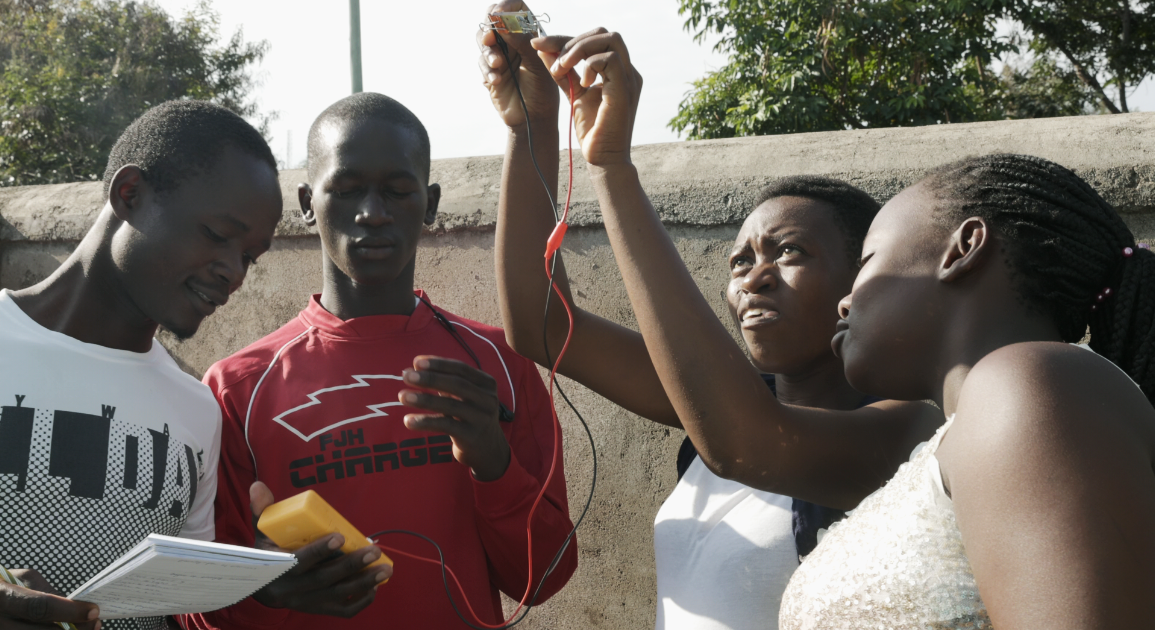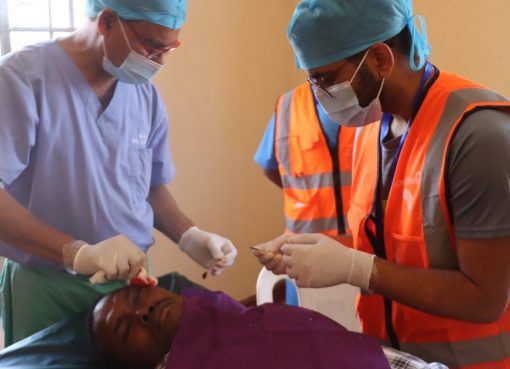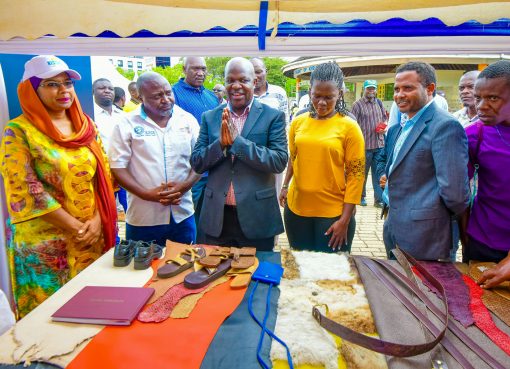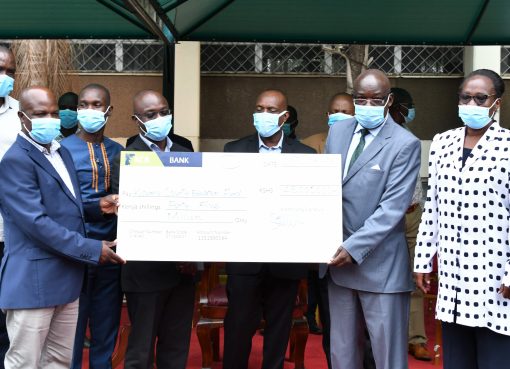Some 40 youth from the rural Nyanza region have been trained in STEM (Science, Technology, Engineering, and Mathematics) education programme, gaining technical and entrepreneurial skills to kickstart their careers in the green economy.
The WeLearn project, implemented by the WeTu Organisation in collaboration with development organisation Siemens Stiftung and the Ministry of Youth and Labour in Homabay, targets fresh high school graduates, providing them with hands-on vocational training.
This initiative seeks to broaden their horizons and interest in furthering technical and vocational training in TVET colleges.
In a press statement released on Saturday ahead of World Youth Skills Day on July 15, Rebecca Ottmann, Project Manager for Vocational Orientation in Africa at Siemens Stiftung, emphasised the programme’s objective to introduce rural youth to the technical skills required for labour-intensive technologies and to strengthen their capacity to take up green jobs in the future.
“The project targets school graduates, especially girls, in rural Kenya, as we hope to present to these local youths the opportunities in the green economy and the technology sectors so they can hone their skills,” Ottmann stated.
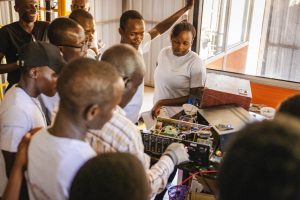
She noted that the five-week course presents youth with numerous vocational learning options and role models to rekindle their interests in pursuing STEM careers.
“The WeTu hubs serve as real-life learning labs, providing students with hands-on experience in practical and technical skills from operating solar pumps to electric vehicle charging stations and the installation of solar panels,” Ottmann noted.
She added that “a special focus is placed on promoting girls, who make up 50 per cent of the participants, to foster a more inclusive future workforce and contribute to combating high youth unemployment among the impoverished fishing communities along Lake Victoria.”
Since the programme’s inception in November 2023, the beneficiaries have completed the technology training at the WeTu solar water-energy hubs in Mbita, Homa Bay, with plans in top gear to scale up the project to Migori, Siaya, and Kisumu Counties.
Additionally, 15 participants have received comprehensive training to prepare them for the National Industrial Training Authority (NITA) exams.
“If they pass this assessment, they will obtain an IT certificate and receive qualifications as solar technicians. This will significantly improve their employability potential,” Ottmann stated.
She observed that this year’s World Youth Skills Day theme, “Youth Skills for Peace and Development,” is being realised through the WeLearn project that supports the diversification of the local workforce, offering young women and men essential skills and career readiness programmes required to take up the roles in the evolving green and digital sectors.
Ottmann noted that recent protests in Kenya have highlighted the need for youth involvement in critical decision-making processes, as theoretical education alone is no longer viable.
“Our projects are specifically designed to address systemic and structural issues to foster 21st-century skills and unlock the full potential of the young generation,” she pointed out.
“The common goal is to foster crucial competencies, enabling equal opportunities and active participation in the emerging digital and green sectors. The training combines future-orientated skills with practical applications, focusing on innovative training programs.”
Director of the WeTu Organisation, Tillman Straub, stressed that trainees receive hands-on training from the specialist WeTu team, comprising 100 per cent locals who act as role models for students enrolled in the programme.
“The WeLearn project contributes to cultivating a proficient and equitable labour force. It equips youth from rural communities with skills they otherwise would not have the opportunity to hone.
The project will diversify the local workforce by offering young women and men essential skills and career readiness programmes needed to take on roles in the evolving sector,” Straub stated.
Loydah Akinyi, a beneficiary, recounted, “When I joined WeLearn, I believed that the grade I had gotten in Form 4 could only qualify me for a chance to study hairdressing. After career guidance from the WeLearn trainers, I realised that my dream of studying Highway Engineering was possible, and I have already applied to join college to pursue my dream.”
Another beneficiary, Zadock Ywera, shared that he initially aspired to pursue a mechanical engineering course without fully understanding what it entailed.
However, after WeLearn training, he realised his passion was for electrical engineering and intends to pursue a course in solar installation.
Upon completing the WeLearn project, trainees can enrol in STEM courses at any TVET college or enter the workforce as technicians or artisans. Others are empowered to pursue entrepreneurial roles in the green sector.
By Robert Ojwang’


